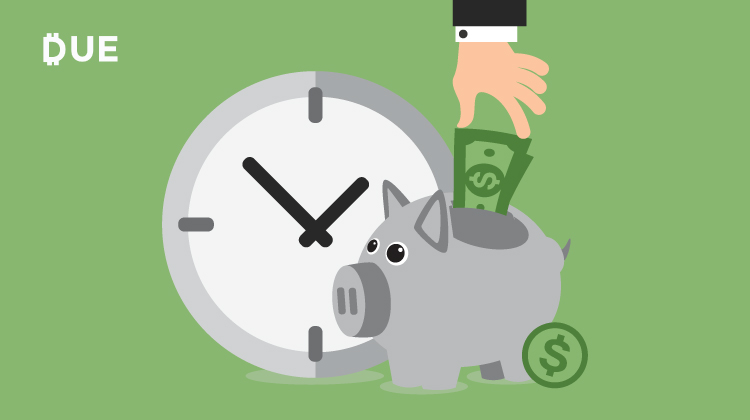Do you know how some people are quick to purchase those novel kitchen gadgets in a TV infomercial? Well, there were a handful of years when I got excited about new banking options and opened a bunch of savings accounts with different banks.
Just like people found uses for those “As Seen on TV” gadgets, I found ways to justify my new accounts. Can you say “money nerd?” Fast forward to the here and now. While I’ll no longer open a ebank account on an infomercial whim, I still keep an eye out for better options.
So when is it time to say “goodbye” to your bank for a better alternative? Here are 6 situations when you should definitely change your bank:
Table of Contents
Toggle1. When You Keep Getting Dinged With Fees
Bank fees are pesky and downright unpleasant. Plus, checking fees, ATM fees, and overdraft charges can add up quickly. In fact, in 2016 big banks made a killing from such fees — $33 billion in overdraft fees alone.
And, it’s not just the big banks that ding you with fees. You’ll need to be careful when you open an account with any financial institution. While I am a big proponent of credit unions, it turns out that my free checking account required a minimum number of transactions a month. If I didn’t meet that minimum, I’d be charged a $20 fee. No bueno.
You may also incur an overdraft fee from pure forgetfulness or from a one-time expense. For instance, earlier this year I accidentally tapped into some of the money I deposited for my quarterly taxes, and got dinged with several overdraft fees. Why? Because the transactions went through before I had a chance to transfer sufficient funds to cover the withdrawals. It happens to the best of us and luckily there are now many banking options that have eliminated unnecessary bank fees.
2. When You Aren’t Able to Talk to a Human
Raise your hand if you don’t have time to stay on hold on the phone for an hour to resolve a bank issue. Customer service like this oftentimes has you doing a #facepalm and asking yourself whyyyy? Especially when you need to tend to an urgent matter, such as a lost debit card or suspected fraud. In these instances, you’ll want to get in contact with someone stat. If the customer service isn’t up to snuff, it’s time to take your business elsewhere.
3. When You Realize You Go Online, All the Time…
While it’s nice to have a brick and mortar branch to step foot in, can you remember the last time you needed to? l only visit a branch to take money out of the ATM, but I usually get cash back when I’m at a store.
Sure, it’s useful to go inside a branch if you want to talk to someone about say, opening a loan, but I’ve found that it’s usually fairly easy to talk to a human with an online or mobile bank. This was the case when I needed to order checks, or when I was waiting on a debit card.
4. …And the Bank’s App Stinks
While not necessarily a deal-breaker, it makes things easier when a bank has a user-friendly mobile banking app. I find that I tend to keep better tabs on my accounts and check in more frequently if the app helps me do what I want quickly and easily. Also, some bank apps let you make notes on tax write-offs, or add an attachment with a transaction, which comes in super handy for self-employed freelancers such as myself.
5. Change Banks When You’re Losing Money
Why stick to what you’re used to when there are bank accounts that will actually help you save money with no fees? You also don’t have to stay with a bank just because you may think you’re making more money off interest. The average savings account offers only a 0.06 percent annual interest yield, and most of the big banks only have a 0.01 percent annual interest yield.
6. When You Just Want More
Sometimes there doesn’t necessarily need to be something wrong with your bank. In the last few years, I opened new bank accounts because I was enticed by cool incentives and modern features online-only banks were offering. For instance, some banks offer easier ways to save money, and early direct deposit features. These days there are plenty of banking options that are in step with your needs, and help, not hinder, your savings goals.















